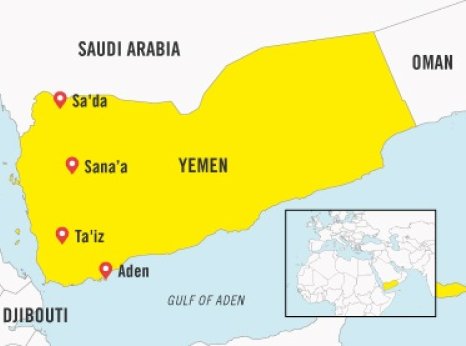Yemen: Release Arbitrarily Detained Education Expert

Moujib al-Mikhlafi is an education expert and trainer who has been working at the Ministry of Education in Sana’a for 24 years until he was detained on 10 October 2023. His work included trainings targeting education staff at schools on the rights of the child, peacebuilding and conflict resolution, dialogue and nonviolent communication.
Following his arrest, his family submitted an appeal to the head of the Supreme Political Council and the head of the security and intelligence service, and a complaint to the head of the legal unit at the office of the Huthi leader Abdul Malik al-Huthi; they have not received a response to date. Arbitrary detention violates the Yemeni Criminal Procedure Law and the International Covenant on Civil and Political Rights, to which Yemen is a state party.
His family’s concerns about his health mounted after they learned, in March 2024, that his health was deteriorating. Moujib al-Mikhlafi suffers from pre-existing health conditions including diabetes and high blood pressure. According to Amnesty International’s research, detainees at the Huthi-run security and intelligence detention centres are often held in horrific and punitive conditions and are denied access to adequate healthcare.
On 10 June 2024, the Huthi security and intelligence service announced the “discovery” of what they called “a spying network”. Since then, they have been broadcasting a series of videos on the Huthi-affiliated Al Masira TV featuring a number of detainees “confessing” to spying. Moujib al-Mikhlafi was featured in one of those videos, published on 1 September 2024 and titled “The US targeting of education in Yemen”.
Since 2015, Amnesty International has documented scores of cases involving journalists, human rights defenders, political opponents and members of religious minorities who were subjected to unfair trials before the Sana’a based Specialized Criminal Court on trumped up spying charges, which are mandatorily punishable by death under Yemeni law. In all these cases, the Huthis’ prosecution authorities appeared to have brought the spying charges as means to persecute political opponents and silence peaceful dissent.